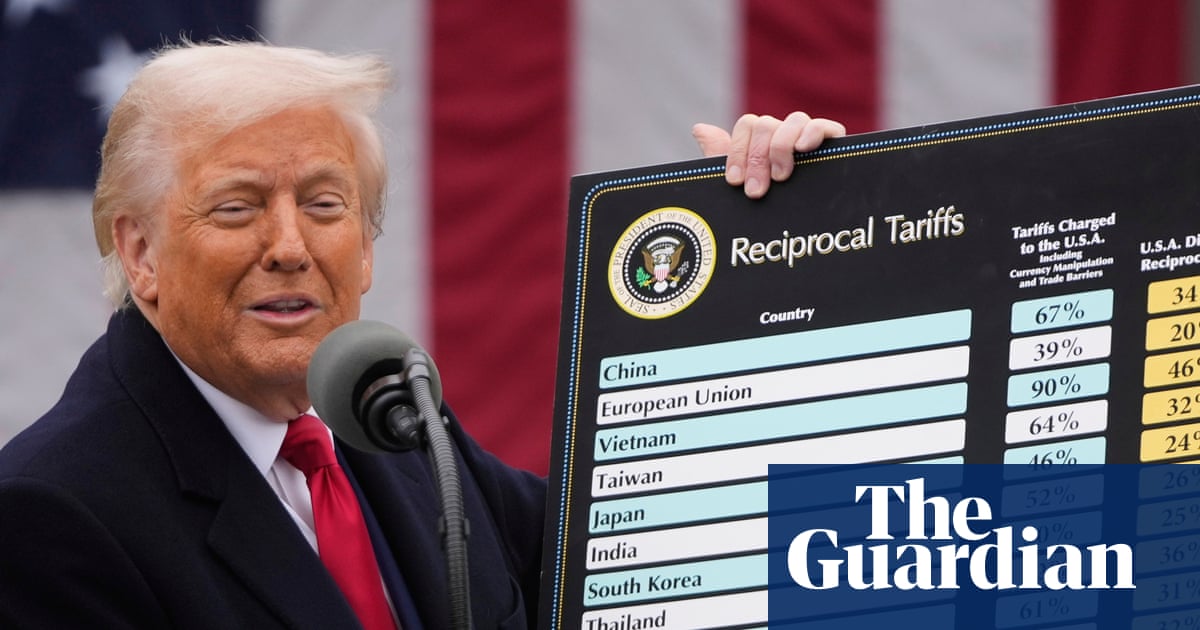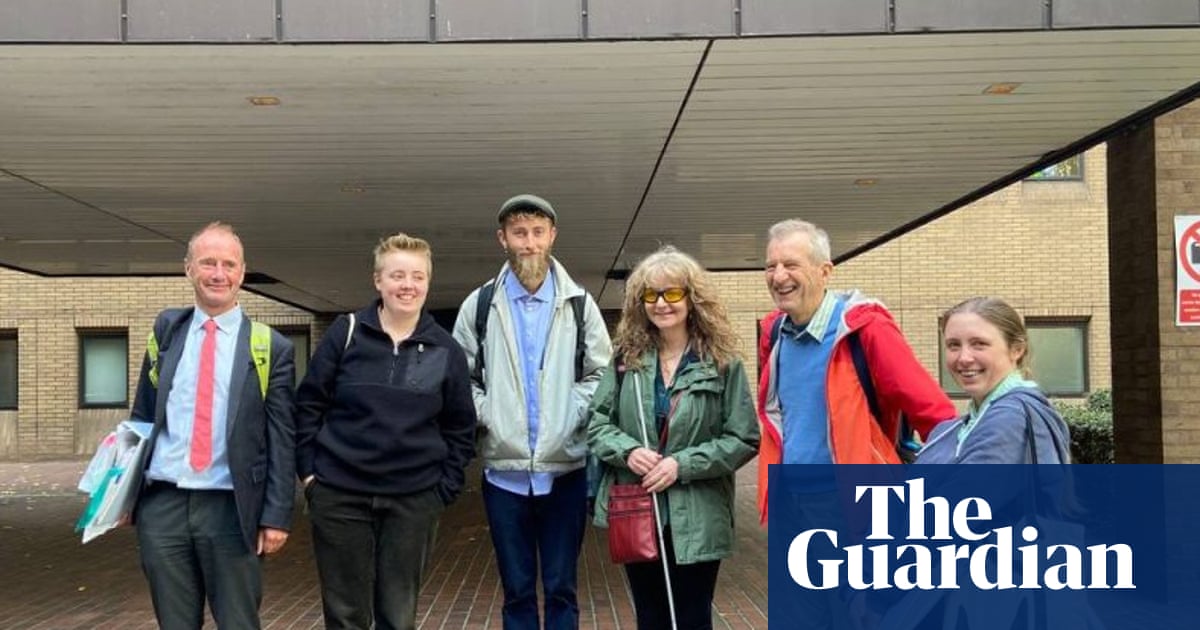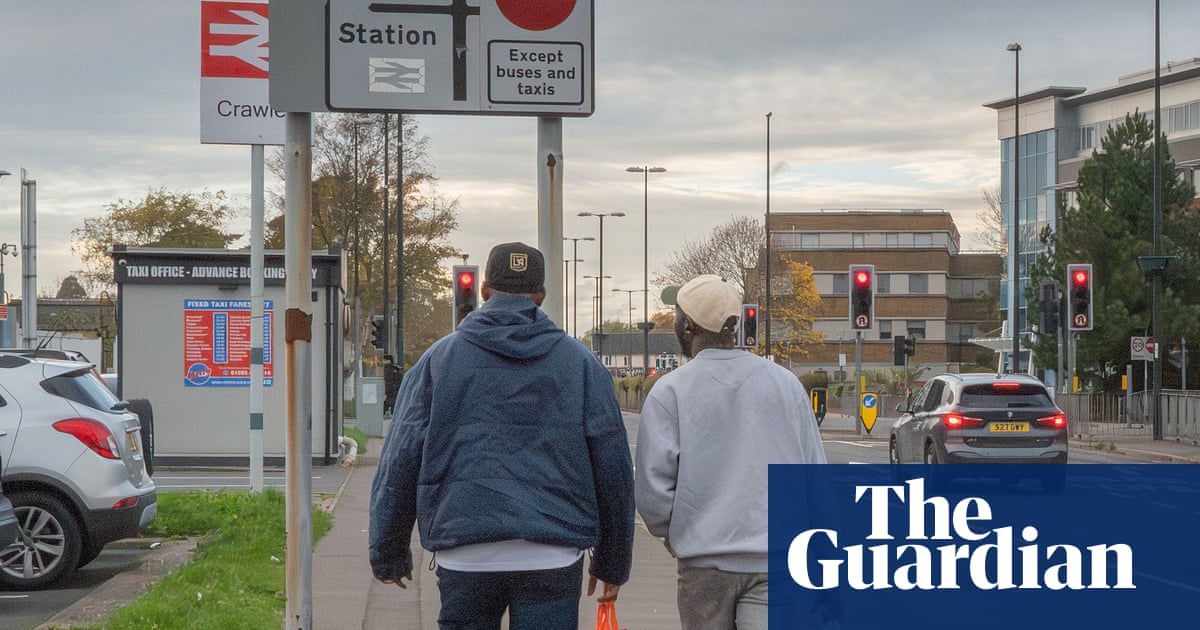Special needs reforms for children in England could turn into “welfare reforms mark 2” unless the government can convince parents that it is not aiming to save money, according to a report by the Institute for Fiscal Studies.
The thinktank said any changes to the current system of education, health and care plans (EHCPs), which mandate tailored support for children with special needs, will be highly controversial among parents, but said reform was “long overdue” as the number of EHCPs issued has ballooned by 80% since 2018.
About one in 20 school-age children and young people in England currently have an EHCP.
Earlier this year the government was forced to U-turn on changes to disability and health-related benefits after a huge backbench MPs’ rebellion, and the Institute for Fiscal Studies (IFS) suggests that botching reforms to special educational needs and disability (Send) provision could provoke a similar backlash.
In a briefing entitled England’s Send Crisis, the IFS said: “Any reforms are likely to generate controversy. If the focus is on reducing legal rights to cut short-term costs, this could easily turn into welfare reforms mark 2.
“To avoid this, the government needs to be candid: the current system is failing many of the children it is meant to support, despite billions in additional spending and a complex framework of legal entitlements.
“A successful reform should articulate a clear vision for a system that supports all children while delivering better value for money.”
Luke Sibieta, the co-author of the briefing, said the success of any reforms hinged on the government’s presentation of the white paper it is preparing to publish later this year.
“If the focus of what’s in the white paper, and how it is sold, is all about saving money and reducing burdens, then it’s very hard to see how this policy will go through.
“But if it is about providing a better quality of service, or providing access to support earlier, in an easier and better way, then I can see how the policy can be successful,” Sibieta said. “When you talk to parents, no one actually likes the EHCP process.”
Bridget Phillipson, the education secretary, also faces a struggle to convince the Treasury that more spending is needed, especially to build more dedicated special schools, as well as dedicated Send units within mainstream schools.
The IFS said creating more state-funded special schools was an “obvious solution” that would allow local authorities to avoid using more expensive private special schools, where the average cost for each pupil is £62,000 a year compared with £24,000 in the state sector.
The number of pupils with EHCPs at private special schools has tripled since 2016, from 10,000 to 30,000, with that increase alone accounting for nearly £1bn of the £4bn annual rise in high-needs spending over recent years.
The IFS was also highly critical of EHCPs, legal documents in which local authorities and parents agree on the additional support for children with special needs.
“EHCPs are meant to guarantee help. However, you cannot magic quality into existence by writing it on a legal document,” the report notes.
“As a result, the quality of current provision is patchy. Many children are pulled out of lessons for support from poorly trained teaching assistants, missing time with qualified teachers. We have almost no way of judging whether the billions in extra funding represent value for money.”
A Department for Education spokesperson said: “This government inherited a Send system left on its knees – which is why we are listening closely to parents as we work to improve experiences and outcomes for all children with Send, wherever they are in the country. Our starting point will always be improving support for children.”

 1 month ago
64
1 month ago
64

















































